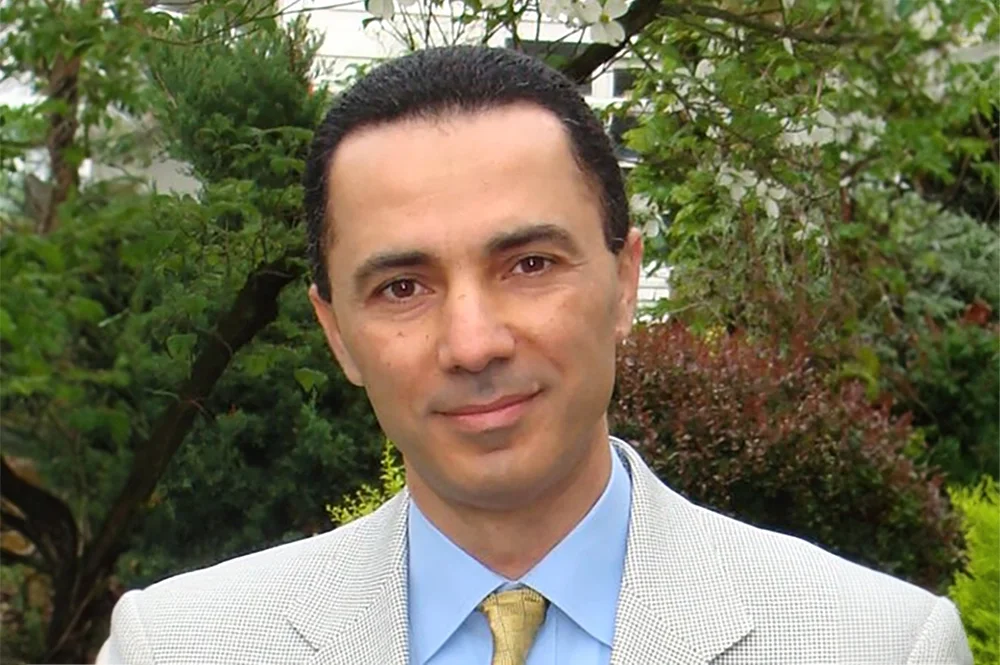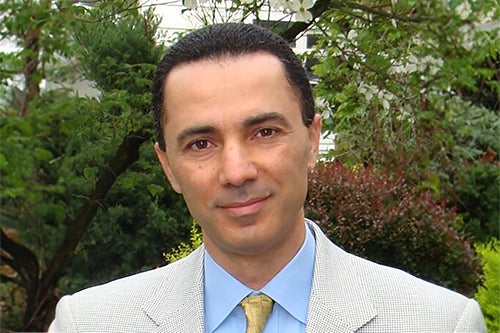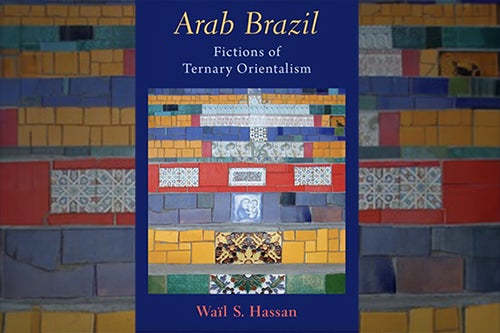

In 2007, Waïl Hassan was writing a book about the literature of Arab immigrants in the United States and Britain when he uncovered something else that was very intriguing. By reading the works of multiple Latin American writers of Arab descent, he found that Arab immigrants who lived in Latin America had consistently more prominent levels of achievement than those who lived in the U.S.
This perplexed Hassan, a professor of comparative and world literature and English, as he knew that Arab immigrants faced discrimination and prejudice in both places. Hassan set out to explain the difference, and he recently detailed his discoveries in a new book, “Arab Brazil: Fictions of Ternary Orientalism,” published by Oxford University Press.
Hassan’s newest book explores the representation of Arabs and Islam in Brazilian literature. He wanted to know more about the history of Arab immigrants in Latin America and how their experience is reflected through literature. To write the book he not only researched his topic but sought to fully immerse himself within it. Hassan already was fluent in Arabic, English, and French, but he felt that he needed to know more for this project.
“To prepare myself for researching and writing ‘Arab Brazil,’ I spent four years learning Portuguese and Spanish, both at UIUC and in Brazil,” Hassan said. “I audited courses in Brazilian studies, did extensive research in Brazil, and met with novelists and scholars there.”

Hassan developed a network of Brazilian professional colleagues and traveled to Brazilian universities, where he has served as a guest lecturer, member of dissertation committees, and collaborator on several projects. Through his experiences Hassan gained perspective and cultural understanding that helped him produce his new book.
“As with any large-scale research project, defining the scope and the parameters is crucial. ‘Arab Brazil’ examines the representation of Arab immigrants, Arab culture, and Islam in a century of Brazilian literature and popular culture, from 1922 to 2021,” Hassan said. “Since I could never discuss every relevant representation, selecting the most important or representative examples was a challenge.”
"Arab Brazil" was published in March 2024 to many positive reviews. “Arab Brazil brings the wide range of Arab immigrants into the center of Brazilian literary and social history,” wrote Kenneth Jackson, professor of Spanish and Portuguese at Yale University.
Wrote Luís Madureira, professor of African cultural studies at the University of Wisconsin-Madison, "It is hard to overstate the value and significance of Waïl Hassan's fine new book. By bringing a rigorous comparative perspective to the critical study of the enduring and salient presence of Islam and Arabic culture in the literary and popular cultural production of a majority Catholic country spanning the last one hundred years, Hassan crucially addresses a long-standing scholarly gap in literary studies. But Arab Brazil goes considerably beyond filling a scholarly gap. It succeeds in moving both Luso-Brazilian and postcolonial literary and cultural studies in a provocative new direction.”
Hassan said he ties what he learned while writing the book to what he teaches in the classroom.
“My teaching and research feed into each other. Being active in research keeps my knowledge up to date, which directly informs my teaching,” Hassan explained. “By the same token, I often test research ideas in the classroom and discuss the literary works that I write about with my students.”
Hassan has been a professor of comparative literature and English at the University of Illinois since 2004. Hassan is serving as director of the Center for South Asian & Middle Eastern Studies until August, when he will become head of the Department of Comparative & World Literature. He is currently writing a book about the discipline of comparative literature.


